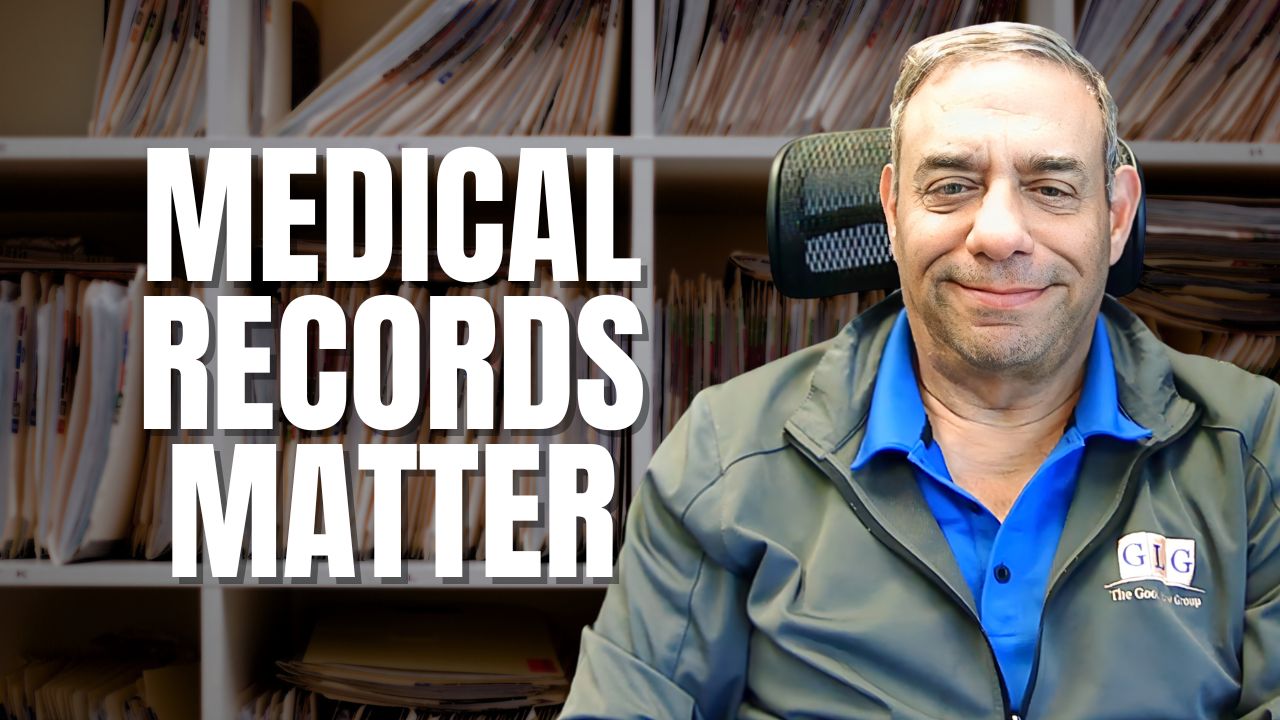At a Social Security Disability hearing, everything you say matters. An SSD hearing can be a stress-inducing experience at times because you don’t know if you will be able to win or lose your disability benefits claim. Take some of the stress out of your disability hearing with this useful guide. Be mindful of your words and conquer your hearing with these five helpful tips so that you can improve your odds of winning your disability claim.
Provide All of the Medical Evidence Needed
When it comes time for your SSD hearing, it is important to be sure that all new medical evidence that might have been obtained has been updated for the court to review. An Administrative Law Judge (ALJ)will want to have the opportunity to review your most current medical records. Any recent visits to a doctor’s office or new medical exams can be used as new evidence for the benefit of your hearing.
Practice Proper Courtroom Etiquette
Legal proceedings require a certain code of conduct and level of etiquette. Wearing appropriate clothing is a good way of leaving a positive impression with the judges involved in your hearing. Showing up on time is another important detail to keep in mind. Speak with respect and be courteous when following the directions of the judges. Vocational experts and your medical records contribute the most to the decision that is made about your hearing, but practicing the proper decorum also plays an important role in shifting the decision of the court to your favor.
Have a Strong Disability Lawyer on Your Side
The right legal team can make all the difference when it comes to the decision made about your disability hearing. Be sure to carefully choose the individuals on your side for your disability hearing and be mindful of reviews or other cases on your law team’s resume. Reviewing an SSD Law Firm’s legal case studies may be able to give you a better idea about the previous experience the law group you choose has with cases similar to yours.
Get the Testimony of a Vocational or Medical Expert
A vocational or medical expert can provide valuable testimony at your disability hearing. For example, a co-worker can describe in great detail the struggles you might be experiencing at your workplace due to your disability or medical condition. You will need your witnesses to be able to provide specific details about the limitations you are experiencing so that the court can get the best idea about your limitations to know what disability assistance you might require.
Submit a Brief To Solidify Your Case
If after the hearing you still feel like there are more details that need to be brought to the court or judge, you can submit a written brief that addresses these points. You should do this as soon as possible after your SSD hearing and be sure to only include the specific details you feel were not answered with your initial hearing.
While an SSD hearing may be a stressful experience, it doesn’t have to be. By following these helpful tips and choosing the right law team for your needs, you should have the best chance possible at winning your disability hearing and getting the disability assistance you need to thrive.









